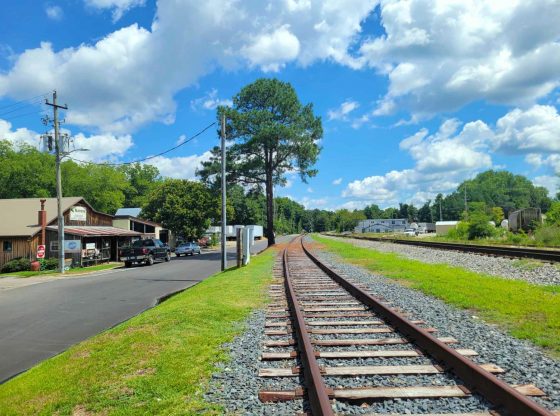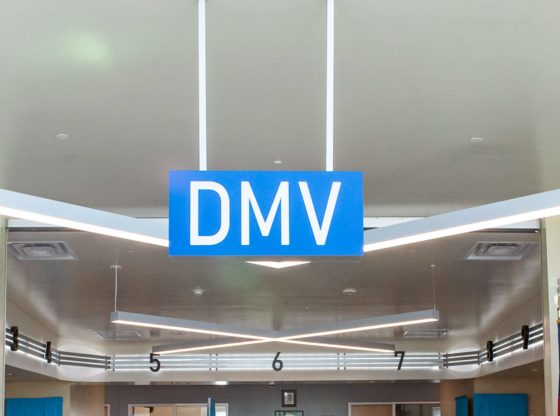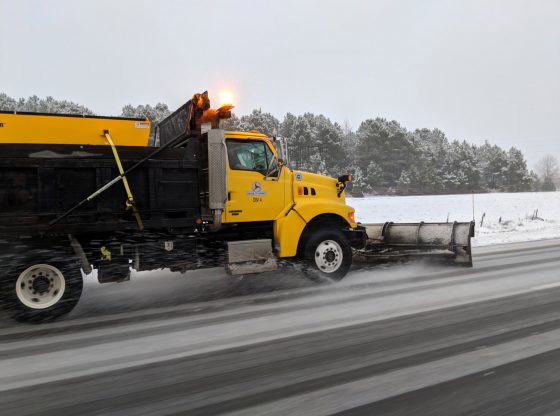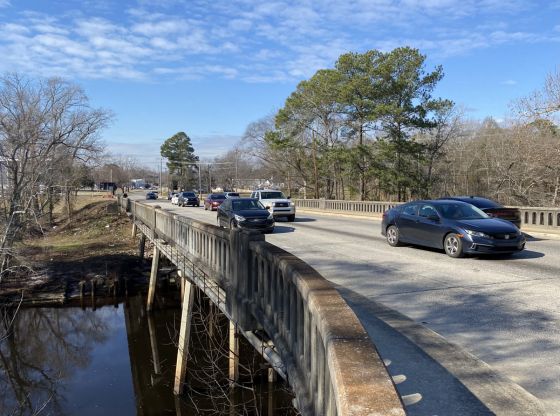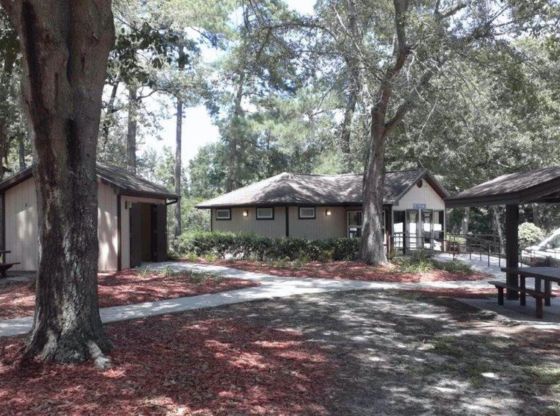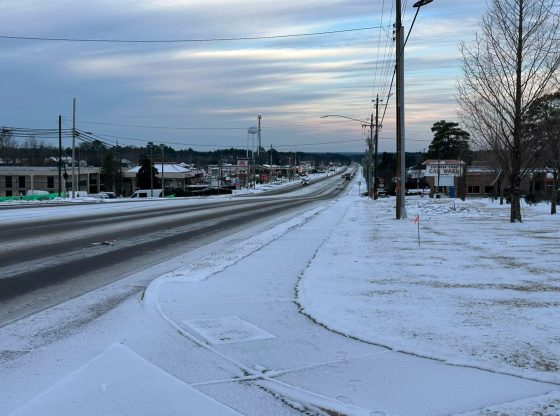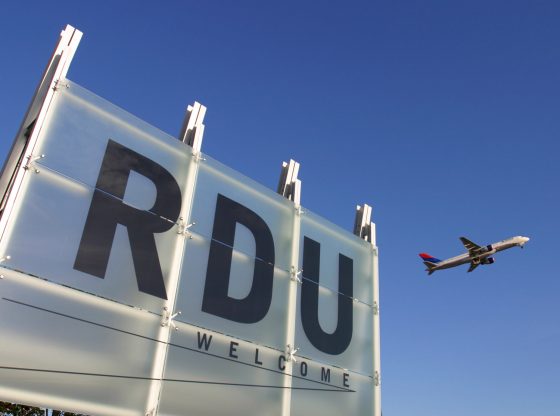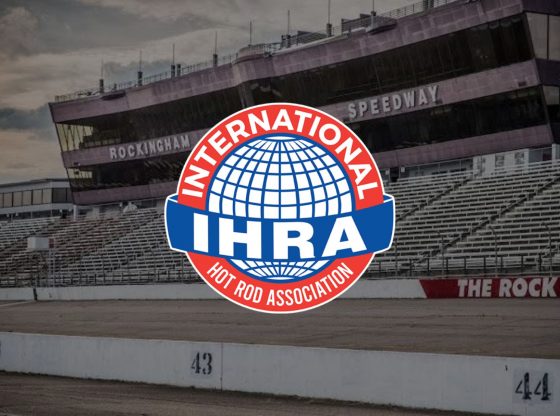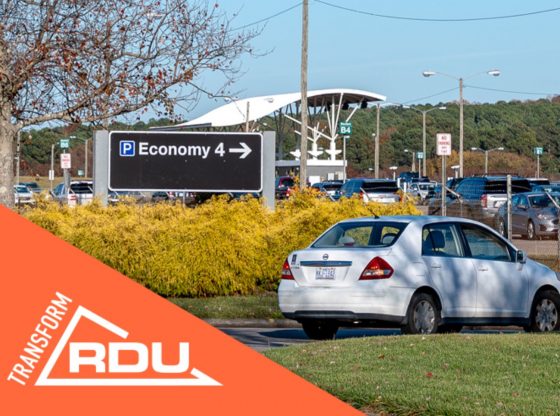On Thursday, Gov. Roy Cooper announced that the North Carolina Railroad Company (NCRR) has been awarded a $105 million grant from the U.S. Department of Transportation through the Consolidated Rail Infrastructure and Safety Improvement Program (CRISI). The announcement represents a major step forward in enhancing North Carolina’s rail infrastructure, aimed at improving both passenger and freight services in the state’s busiest rail corridor, said Cooper.
The $105.6 million investment, combined with contributions from NCRR, the North Carolina Department of Transportation (NCDOT), and Norfolk Southern (NS), brings the total project funding to $170 million. The project is expected to deliver $214.49 million in public benefits including substantial economic growth, safety enhancements, and environmental improvements, said Cooper.
“Continued investment in passenger and commercial rail is good for our communities and economy across North Carolina,” said Gov. Cooper. “We are working together to make historic investments moving people and goods faster and safer and I appreciate the Biden-Harris Administration and our federal delegation for their work securing this monumental investment.”
“This is an extraordinary moment for North Carolina’s rail network,” said NCRR President and CEO Carl Warren. “Improved freight and passenger rail services will accommodate one of the fastest-growing regions in the country and will enable a new era of rail capacity in North Carolina. Thanks to the support of Gov. Roy Cooper, Senators Thom Tillis and Ted Budd, our bipartisan congressional delegation, and rail partners, we are positioned to modernize our rail system, improving the safe and efficient movement of both passengers and freight. This is a significant win for the entire state.”
“We often talk about how important partnerships are for all Department of Transportation projects and this is especially true for rail projects that receive the majority of funding through competitive federal grants,” says Secretary of Transportation Joey Hopkins. “Having partners like NCRR and Norfolk Southern actively working on improvements that will greatly benefit our current service as well as future routes and projects helps us achieve the vision of a convenient, accessible and reliable passenger rail network in North Carolina and beyond.
Investments in North Carolina’s passenger rail corridor will allow for increased ridership and new routes. For the first six months of 2024, over 342,000 customers rode NC By Train, which is 20% higher than during the same period in 2023. There are currently 10 daily trains between Raleigh and Charlotte and each month in 2024 has been record-breaking for that particular month. Last year, the U.S. Department of Transportation also announced a $1.1 billion grant supporting the S-Line, which will feature higher-speed rail and a direct route between Raleigh and Richmond.
The $105.6 million in federal funds are being supported by state matches, including $34 million from NCDOT, $17.8 million from NCRR, and $13 million from Norfolk Southern.
Gov. Cooper, along with North Carolina’s federal delegation, participated in the grant application process. Such widespread support for the grant demonstrates a commitment from state leaders to strengthen transportation infrastructure to support a growing population and economy, said Cooper.
“Norfolk Southern greatly appreciates the opportunity to partner with NCRR, NCDOT and the State of North Carolina on this transformational investment in the states rail infrastructure and we look forward to future opportunities in the years to come,” said Norfolk Southern Senior Vice President and Chief Strategy Officer Michael McClellan.
The Carolinian and Piedmont Passenger and Freight Improvements Project will bring key upgrades across seven locations, including Raleigh, Cary, Morrisville, Hillsborough, Burlington, and Greensboro, said Cooper. These improvements will allow for additional passenger trains and significantly reduce freight and passenger delays. Construction is slated to begin in 2025, following the design and environmental permitting phases.
Contributed article.


